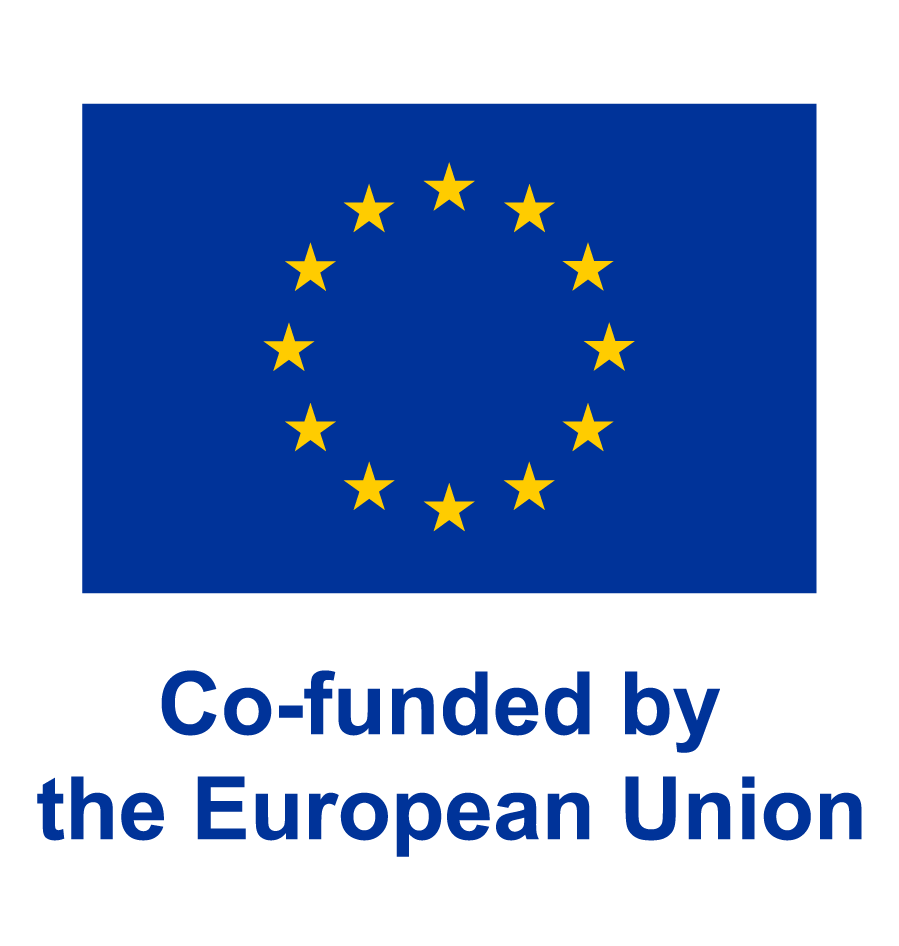The World Health Organization (WHO) outlines a series of high-impact investments crucial to reducing maternal and newborn deaths worldwide. From antenatal checks to family planning access, these strategies represent the backbone of global maternal health efforts.
As a contributing initiative, eMAMA supports parts of this framework through its digital learning tools and grassroots engagement, especially in underserved regions. However, there remains a critical gap: maternal mental health, an issue that continues to receive insufficient attention on global health agendas.
WHO’s suggestions for high-impact investments in maternal and newborn health
1. Comprehensive antenatal checks
WHO emphasizes at least eight antenatal visits with skilled providers, supported by early ultrasound screening. These checks are essential to identify and manage potential pregnancy complications, especially since up to 15% of pregnant women may face life-threatening conditions during pregnancy or childbirth.
2. Lifesaving care during and after birth
With over 70% of maternal deaths caused by direct obstetric complications, like hemorrhage and pre-eclampsia, the presence of skilled birth attendants and access to emergency care during labor and the immediate postpartum period is non-negotiable.
3. Tackling indirect causes
Health conditions such as anemia, malaria, HIV/AIDS, and diabetes account for nearly one in four maternal deaths. Preventing and managing these issues remains a key priority, particularly in regions with high disease burdens.
4. Immediate and specialized newborn care
Each year, 2.4 million newborns die, most within their first month. WHO stresses the need for essential newborn care immediately after birth, including thermal protection, breastfeeding support, and infection prevention.
5. Investing in midwifery
Evidence strongly supports midwifery-led care models to improve outcomes for both mothers and babies. These models reduce preterm births and minimize unnecessary interventions, making them highly cost-effective.
6. Family planning and reproductive health access
An estimated 218 million women in low- and middle-income countries have an unmet need for modern contraception. Expanding access to reproductive health services is central to preventing unintended pregnancies and reducing maternal risks.
7. Research and solutions for low-income contexts
WHO calls for research that addresses context-specific challenges in fragile and low-resource healthcare systems to identify cost-effective, scalable interventions.
The missing piece: Maternal Mental Health
While the WHO’s framework is comprehensive in its clinical approach, maternal mental health remains significantly underrepresented. Depression, anxiety, and postnatal mental disorders are widely prevalent among mothers, yet global strategies rarely place these issues at the forefront.
This oversight comes at a cost. Maternal mental health challenges impact not just the mother, but also the health, development, and emotional wellbeing of the newborn. Without dedicated mental health screening and support, even the most robust physical healthcare frameworks fall short of holistic maternal care.
Where eMAMA contributes
As a digital learning and engagement initiative, eMAMA aligns with key aspects of WHO’s agenda, particularly in areas like:
- Health education and literacy
- Antenatal awareness
- Community outreach in underserved regions
Additionally, eMAMA advocates strongly for maternal mental health to be recognized as a fundamental component of maternal care. Through targeted support tools, community-based strategies, and digital resources, eMAMA aims to bring mental wellness into the conversation where it belongs — at the heart of maternal health policy and practice.
Conclusion: toward holistic maternal health solutions
WHO’s high-impact strategies provide a vital blueprint for improving maternal and newborn outcomes. Yet to truly safeguard mothers and their children, global health initiatives must evolve to integrate maternal mental health as a core pillar, not an afterthought.
Initiatives like eMAMA are proud to contribute to the global vision for safer motherhood and stronger families, but we must collectively push for a broader, more inclusive agenda that recognizes the full spectrum of maternal health needs.



2 Responses
Would like to expand my knowledge
Would like to make changes in maternal health